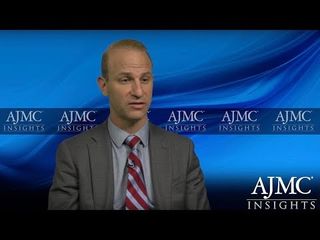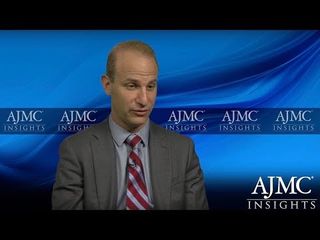
Oncology
Latest News

Latest Videos

More News
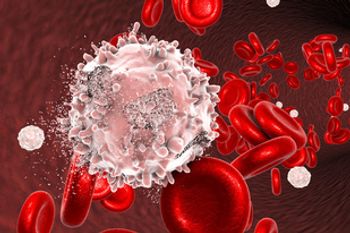
Only 34% of patients with chronic myeloid leukemia (CML) in a small study in China were likely to be positive about attempting treatment-free remission.

Researchers have recently discovered a new type of small-cell lung cancer, and the discovery may pave the way for the development of personalized medicine in order to target this newly discovered form of the disease.
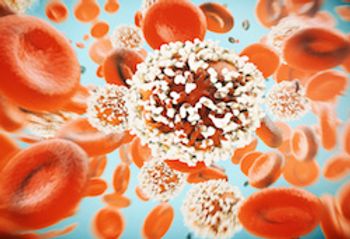
The FDA has granted priority review for Keytruda (pembrolizumab) as a treatment for previously treated patients with advanced hepatocellular carcinoma (HCC).













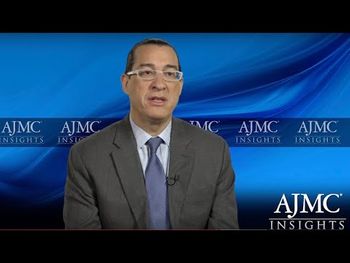





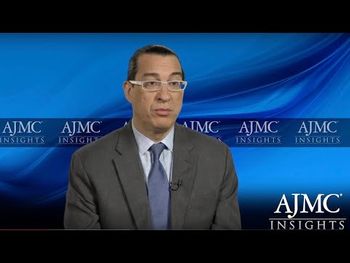

John Schorge, MD, associate editor of The Green Journal, and Gynecologic Oncologist at Tufts Medical Center, discusses the findings of his study on neoadjuvant chemotherapy treatment of patients with advanced ovarian cancer.

Current standard of care treatment for rectal cancer, which recommends combining surgery with chemotherapy and radiation, fails to prolong survival in patients younger than 50 years of age, according to findings published early online in the journal Cancer.










